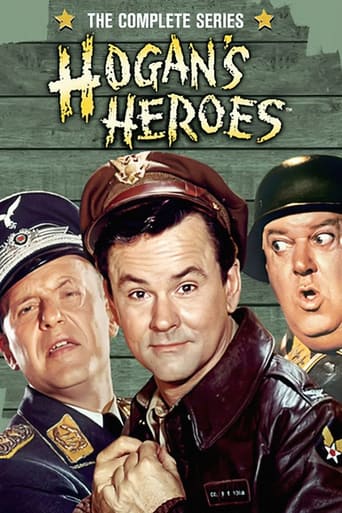
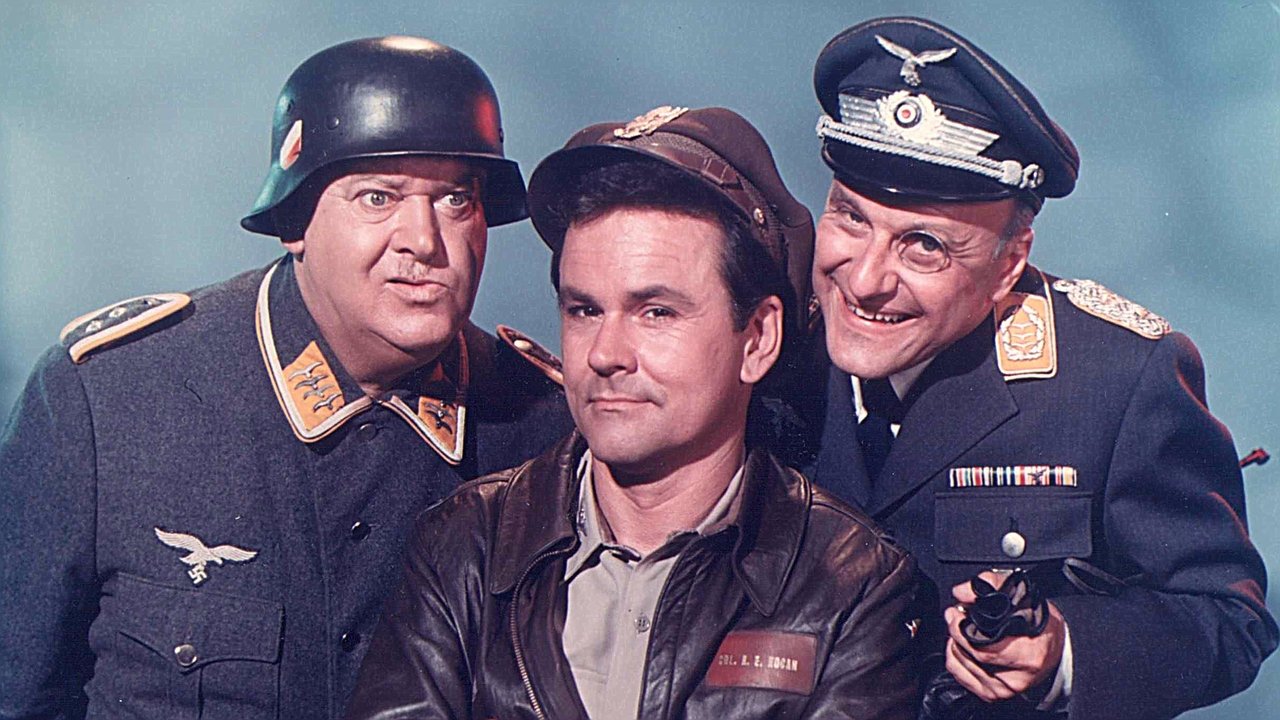
Hogan's Heroes is an American television sitcom that ran for 168 episodes from September 17, 1965, to July 4, 1971, on the CBS network. The show was set in a German prisoner of war camp during World War II. Bob Crane starred as Colonel Robert E. Hogan, coordinating an international crew of Allied prisoners running a Special Operations group from the camp. Werner Klemperer played Colonel Wilhelm Klink, the commandant of the camp, and John Banner was the inept sergeant-of-the-guard, Hans Schultz. The series was popular during its six-season run. In 2013, creators Bernard Fein through his estate and Albert S. Ruddy acquired the sequel and other separate rights to Hogan's Heroes from Mark Cuban through arbitration and a movie based on the show has been planned.
 AD
AD
All Prime Video
Cancel anytime

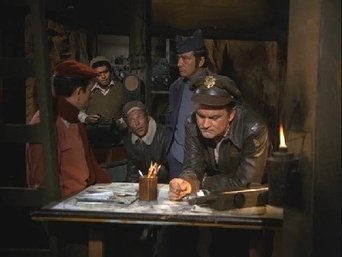
Hogan and a beautiful underground agent team up to immobilize three mobile rocket launchers.
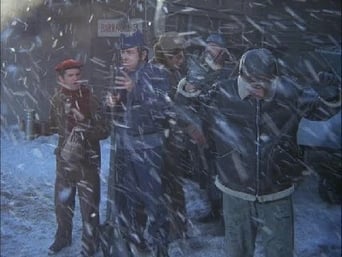
Hogan and his men start an avalanche to prevent Panzer tanks from reaching their destination.
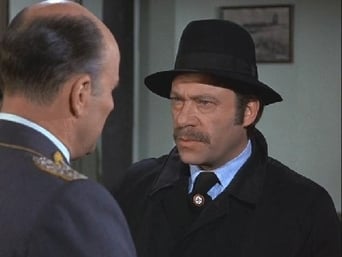
When Gestapo agents accuse Hogan of sabotage, he explains that his exact double, a German traitor, is the real culprit.
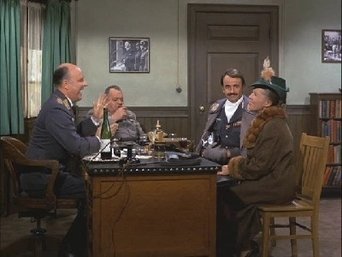
General Burkhalter's sister Gertrude thinks her dim-witted fiance should be made Klink's assistant, which interferes with Hogan's plan to aid an American general.
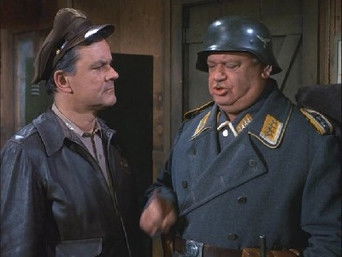
When a rocket lands near camp, the heroes don't know how they'll smuggle it out --- until Russian spy Marya comes on the scene.
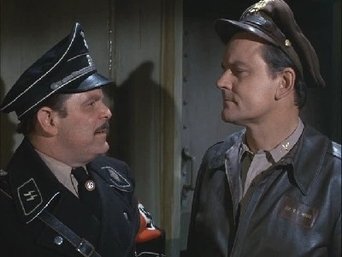
When Klink gets assigned to defend a German officer accused of treason, Hogan helps to prove his innocence.
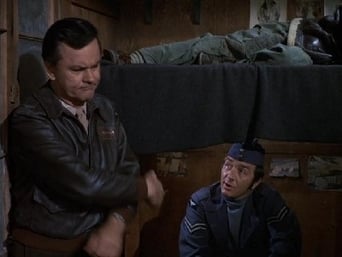
To get ahold of secret papers, Hogan enlists a beautiful Russian spy to convince Klink he's needed at the Russian front.
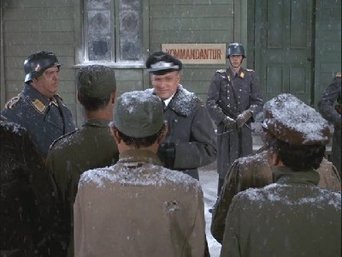
Dressed as a general's wife, Newkirk attends a tea party to deliver penicillin to an underground leader.
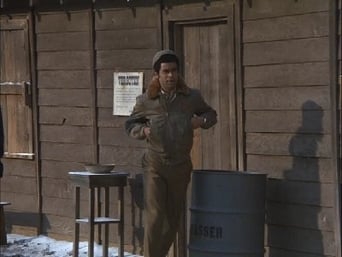
The heroes pose a Nazi officers to root out a German spy posing as an American pilot.
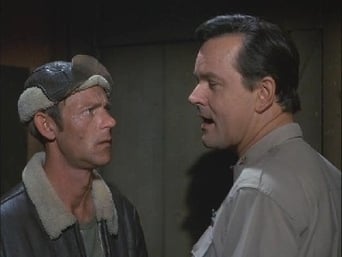
Klink takes Hogan to England to steal an Allied plane, but Hogan has other plans --- to expose some Nazi spies.
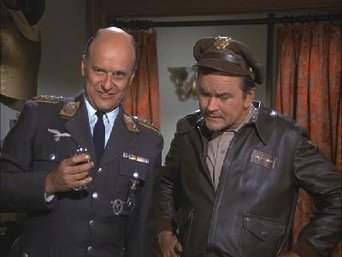
When three Gestapo officers detain Hogan and Carter, the two frantically plan their escape --- until they learn the officers want to defect.
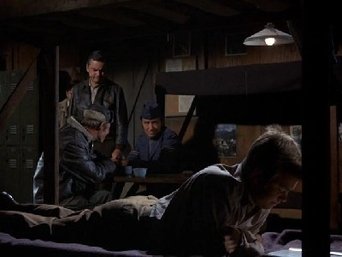
To smuggle out an anti-radar device, Hogan passes LeBeau off as a fortune-teller after convincing Klink he's been struck by lightning.
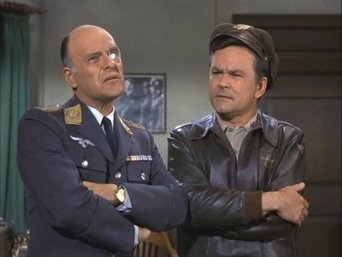
The heroes use Klink's car radio to pass information to an underground agent about a German rocket factory.
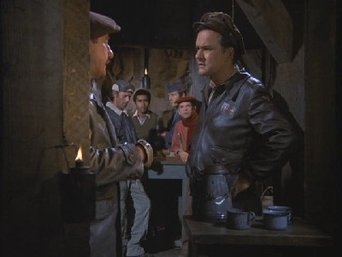
Hogan and his men mastermind the ambush of a Gestapo train that's transporting an underground agent to Berlin.
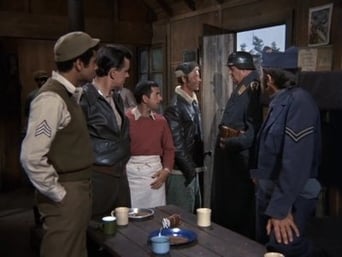
Hogan's plot to hijack a dynamite truck takes a different tack when the truck makes an unscheduled stop.
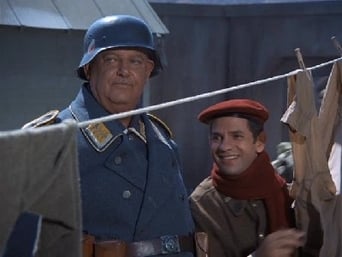
When Klink gives the heroes a tape recorder so they can send messages back home, Hogan has bigger plans for the device.
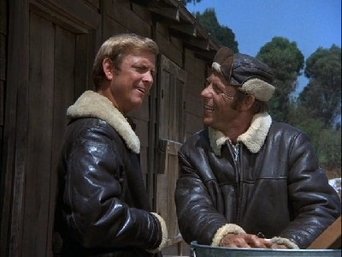
Right after he tells a new prisoner about their secret operations, Hogan discovers he's a German spy.
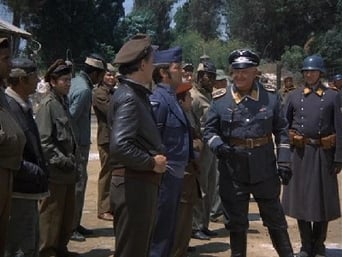
When Schultz is put in command, his mania for power jeopardizes Hogan's plan to smuggle uranium to London.
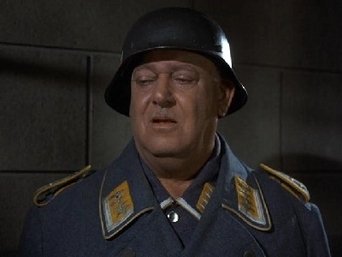
The heroes try to prevent the Gestapo from sending Klink and Schultz to the Russian front.
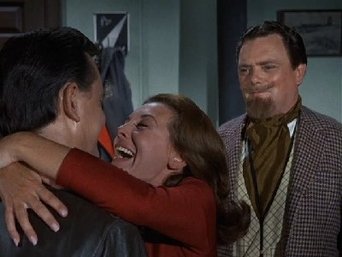
Part 2 of 2. Hogan fears the phony Sir Charles can't trick Hitler. Things get even more complicated when Chitterly escapes from the prisoner's tunnel.
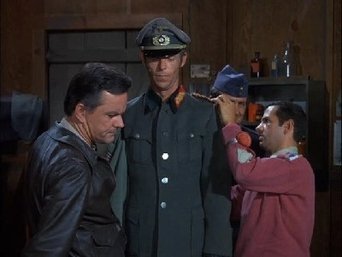
Part 1 of 2. When Sir Charles Chitterly parachutes into Stalag 13, Hogan asks Colonel Crittendon to pretend he's Sir Charles --- but Lady Chitterly isn't fooled.
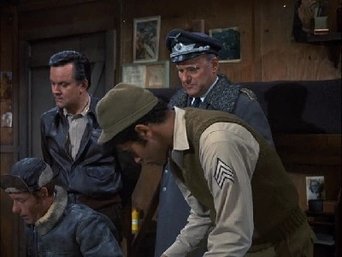
Hogan convinces Klink that he is a great artist so he can smuggle out some maps in the Kommandant's canvases.
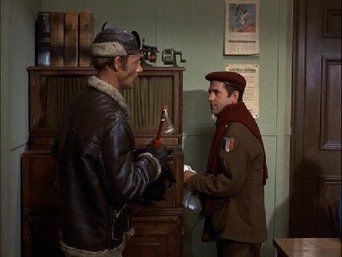
When the Gestapo targets Colonel Klink's radio expert, Hogan helps save him before he's silenced for good.
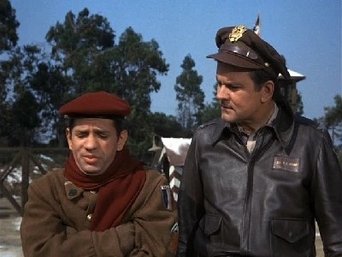
Colonel Hogan needs LeBeau to whip up something special for a German general, but the chef has made plans to escape to France.
Hogan's Heroes is an American television sitcom that ran for 168 episodes from September 17, 1965, to July 4, 1971, on the CBS network. The show was set in a German prisoner of war camp during World War II. Bob Crane starred as Colonel Robert E. Hogan, coordinating an international crew of Allied prisoners running a Special Operations group from the camp. Werner Klemperer played Colonel Wilhelm Klink, the commandant of the camp, and John Banner was the inept sergeant-of-the-guard, Hans Schultz. The series was popular during its six-season run. In 2013, creators Bernard Fein through his estate and Albert S. Ruddy acquired the sequel and other separate rights to Hogan's Heroes from Mark Cuban through arbitration and a movie based on the show has been planned.
The tv show is currently not available onine
Bob Crane , Richard Dawson , Robert Clary
Edward H. Feldman
CBS Productions , Bing Crosby Productions

as Robert Hogan

as Peter Newkirk